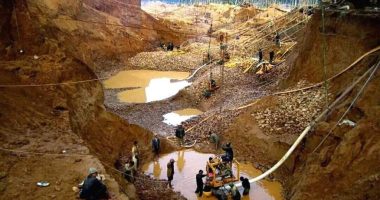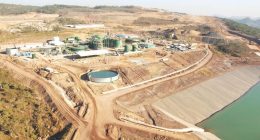An American company has launched a proposal to begin deep-sea mining in waters surrounding American Samoa, a remote US territory in the South Pacific, in a move that could spark further debate around the environmental and legal implications of the nascent industry.
Impossible Metals announced it had submitted a request to US authorities to initiate a leasing process for a section of seabed near the island group, suggesting the area may contain significant deposits of nickel, cobalt, and copper — essential metals for electric vehicle batteries and renewable energy technologies.
In a statement, the company described its selective harvesting method as a potential game-changer. “Impossible Metals’ innovative approach to selective harvesting of minerals from the deep sea will revolutionise the mining industry and ensure that the United States remains a leader in sustainability, technology, and clean energy,” the firm said.
With a population of just under 50,000, American Samoa is a US-administered territory located in the South Pacific. The area falls under American jurisdiction, allowing Impossible Metals to bypass the International Seabed Authority (ISA), the UN-affiliated body responsible for regulating mining in international waters.
The ISA is currently under pressure to finalise global rules for deep-sea mining amid warnings from scientists and environmental groups that the practice could cause irreversible damage to fragile marine ecosystems.
The United States is not a member of the ISA, and the decision by Impossible Metals to mine within US waters reflects growing interest in circumventing the international regulatory framework.
Earlier this year, Canada-based deep-sea mining company The Metals Company surprised industry observers by announcing plans to seek approval directly from the United States, instead of waiting for ISA regulations. The firm argued that US laws passed in 1980 may permit seabed mining in international waters, despite their largely untested nature.
“The company strongly believes that the US seabed mining code offers the greatest probability of securing a permit for commercial recovery of deep-sea mineral resources in a timely manner,” The Metals Company said.
Environmentalists fear these moves could severely weaken the ISA’s authority, potentially leading to an unregulated rush for oceanic resources. Proponents of deep-sea mining, however, believe the practice could unlock access to vast mineral reserves needed for the global green transition.
Mining firms are eyeing lucrative profits from extracting polymetallic nodules — rock-like formations rich in manganese, cobalt, copper and nickel — from the ocean floor, which are seen as vital for battery and clean technology supply chains.













